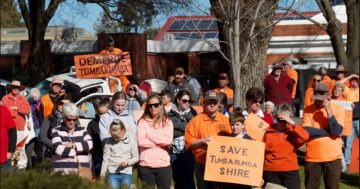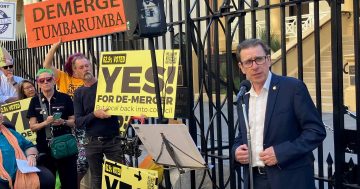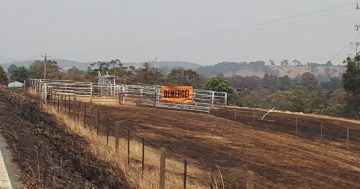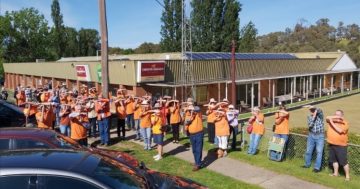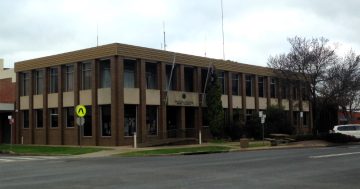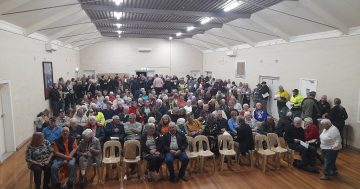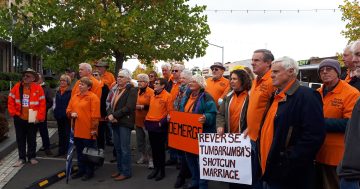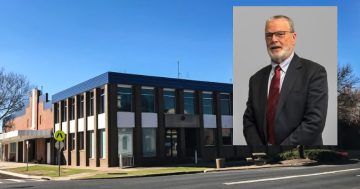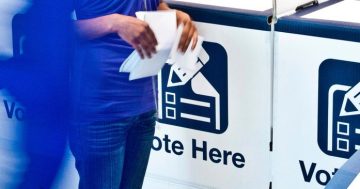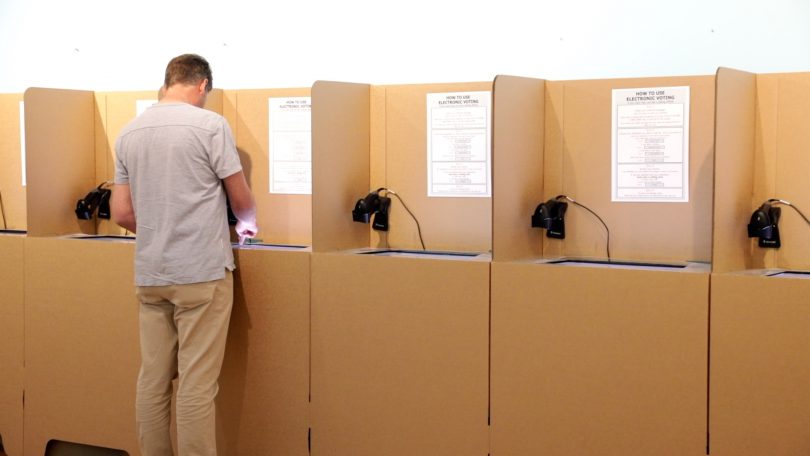
Council elections in NSW have been postponed until December. Photo: Region Media.
For the second time, local government elections will be postponed across NSW for three months as the state grapples with a deepening COVID-19 crisis.
After being postponed last year, the elections were set down for 4 September but have now been delayed until 4 December, affecting more than five million voters in 128 local councils. The order, made under Section 318C of the Local Government Act 1993 also pertains to any casual vacancies arising between now and December.
Local Government Minister Shelley Hancock said on Saturday afternoon (24 July) that the decision was a direct response to the pandemic affecting Greater Sydney. She described it as a difficult one that had been made following consultation with the NSW Electoral Commission and NSW Health.
“We have taken this step to postpone the election to ensure the safety and wellbeing of our communities, voters, polling staff and candidates,” she said.
Voters will be able to participate in the December elections in person, by post or online and pre-poll voting will begin two weeks before election day. Nominations, which had been due to open on Monday, will instead be postponed until 25 October.
The risks posed by the fast-spreading delta variant of the virus and concerns that elections could become super spreader events had prompted growing pressure on the NSW Government as a record 163 COVID-19 cases were recorded on Saturday.
But Local Government NSW president Linda Scott – a Labor councillor and candidate for City of Sydney lord mayor – said the elections needed to be held this year to uphold democracy and ensure renewal.
“There’s never been a more important time for NSW local governments to be led by leaders who are skilled, willing and able to undertake the role. Why should the rest of NSW have to suffer because of COVID cases in Sydney?” she asked.
However, concerns had also been raised that restrictions across the Greater Sydney area would favour incumbents with established reputations as new candidates would be unable to actively campaign in their communities.
While it’s still relatively unusual for political party tickets to be run in rural and regional NSW, organised groups with access to funds for election material would also benefit from campaigning during restrictions.
Around 5000 candidates were expected to nominate for the council elections, which were also seen as a testing ground for many recently merged local government areas where simmering tensions continue.
This week, Ms Hancock announced that Snowy Valleys and Cootamundra Gundagai Councils would not be allowed to demerge despite considerable pressure from local voters. Ms Hancock said reports from the Local Government Boundaries Commission (LGBC) lacked the information necessary to determine whether each of the councils could demerge.
“The reports do not provide a clear consensus on the issue of demerging and do not provide me with the necessary confidence to make these important decisions,” she said.
The NSW Government has now announced an independent statutory review into the LGBC whose function is to examine and report on any matter referred to it by the minister in relation to the boundaries of local government areas and the areas of operation of county councils.







